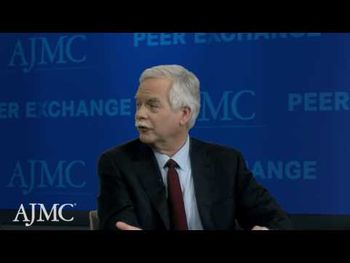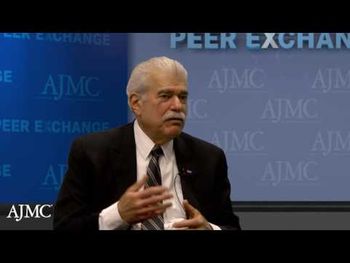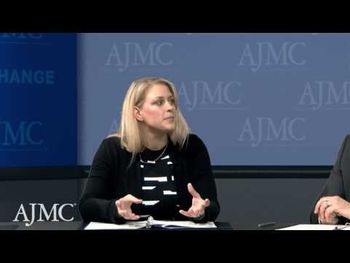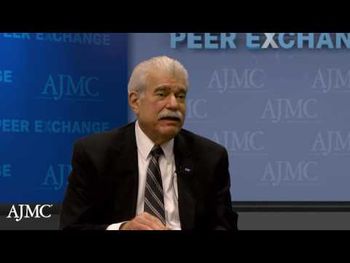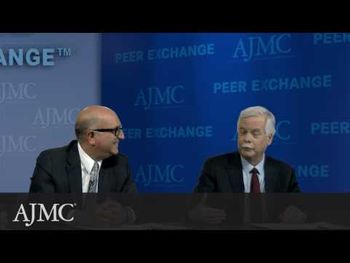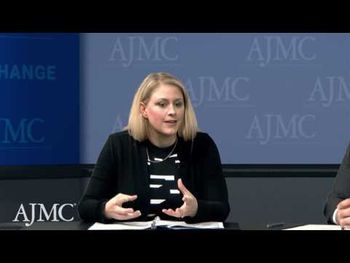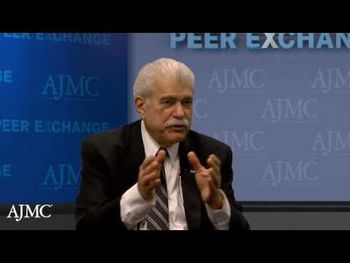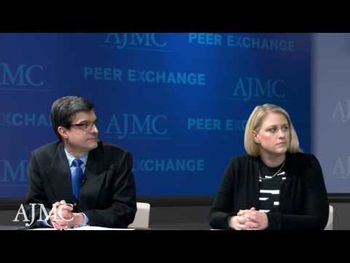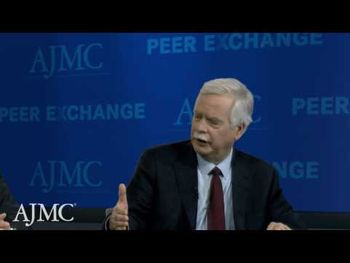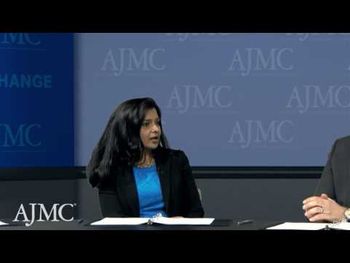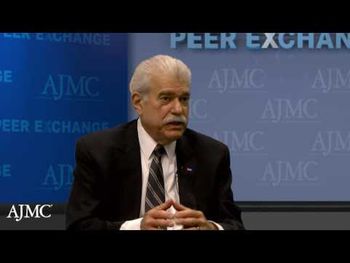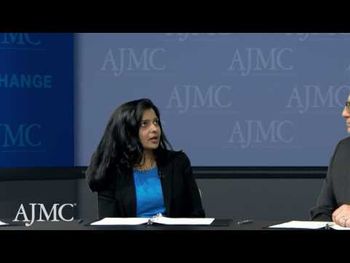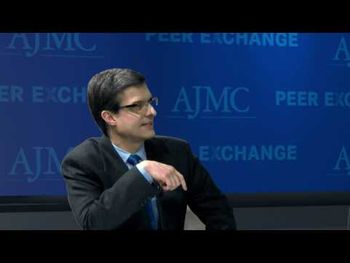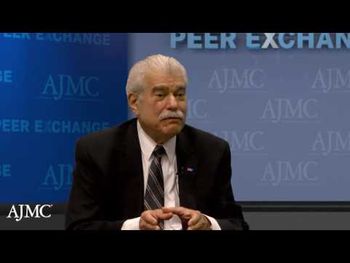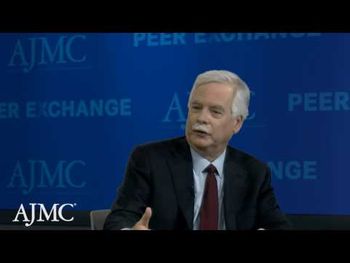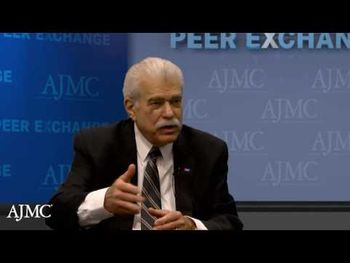
Health Care Delivery
Latest News



Every week, The American Journal of Managed Care® recaps the top managed care news of the week, and you can now listen to it on our podcast, Managed Care Cast.

This week, the top managed care stories included the Senate began working on its own Obamacare replacement bill; Scott Gottlieb, MD, was confirmed as FDA commissioner; and coverage from Digestive Disease Week.

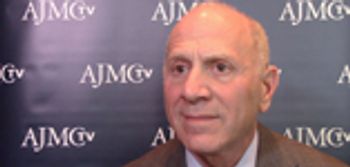
According to Daniel J. Klein, president and CEO of the Patient Access Network Foundation, patients now have an easier time accessing the high-cost treatments they need, thanks to certain policies and programs. Klein also anticipates that a recently-passed law will bring down the prices of some prescription drugs.

A new report from the Urban Institute seeks to characterize the rating regions across the United States by the number of insurers offering plans in the healthcare marketplaces and found stark disparities in demographics, coverage, and price.


